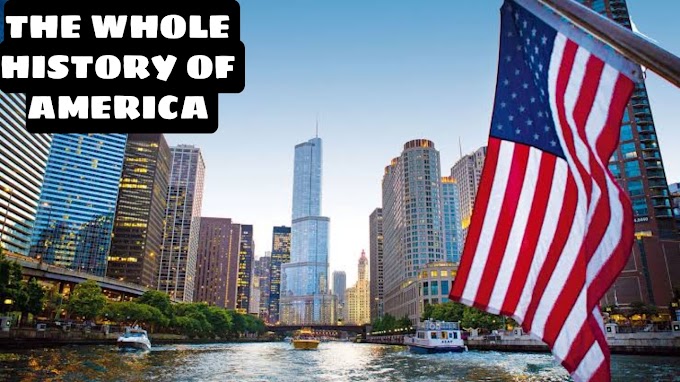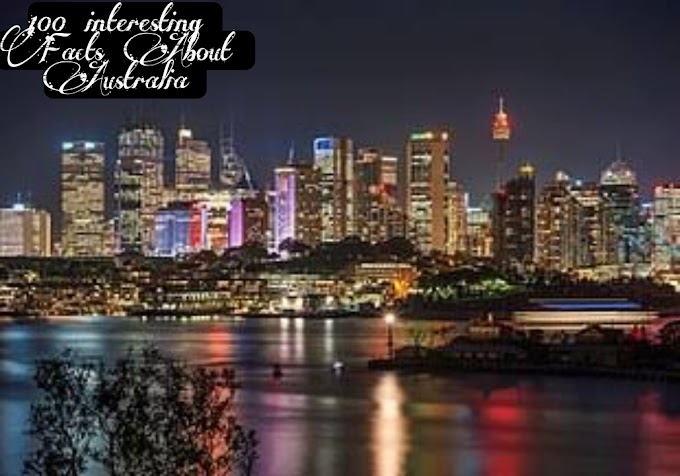THE WHOLE HISTORY OF BURUNDI
Hello Guys:
Welcome to Countries Facts so today in this Article I will show you the whole history of burundi burundi is a landlocked country located in east africa it shares borders with rwanda in the north tanzania in the east and south east democratic republic of congo in the west and lake tanganyika in the south west known officially as the republic of burundi its capital city is gitega which was moved from bujumbara to gitega in 2019 it has a population of more than 11 million one of the lowest in the world there are three major ethnic groups in burundi which are hutu making about 85 percent of the population tusi forming 14 while tua europeans and south asians make up for the remaining one percent the country's official languages are kirundi and french swahili is also spoken widely in the country since the ethnic groups are not as diverse as seen in some other african countries linguistic homogeneity is seen by hutu and tusi people who form a substantial part of the population kirundi which is one of the official languages is adopted as a means of communication between the two groups christianity is practiced by about 91.5 percent of the population of which majority belong to the roman catholic while others are protestants traditional religion and islam is practiced by the remaining part of the population the burundi or urundi kingdom from which modern-day burundi derived its name dated back as far as the late 16th century in the great lakes region a traditional king ruled the kingdom and as was expected power tussles existed among the prospective successors the muammi that is king sat at the top of ghanwa that is princely aristocracy and had control over the land and tributes are paid to him by farmers that is hutu and headers that is to see the kingdom had the two seas at the top of the political ladder followed by the hutu while the tua belonged to the lowest stratum of the society the two see were considered the most influential in the society as a result of the wealth gathered from agricultural ventures some who to manage to move to the upper class when they accumulate wealth while some toothy get demoted to who to status when they experienced financial setbacks in november 1966 captain michael mccombero planned a coup and declared the kingdom as a republic these abolished the monarchy system in burundi with the coming of europeans to africa the german east africa company traded actively in the great lakes region from 1884 and was forced to transfer rights of the land to german empire in 1891 when other companies were disputing for the region however during the first world war the british empire and belgium combined forces to defeat the german colonies then the lands of rwanda and burundi were occupied by the belgian army in june 1916 burundi became a part of rwanda urundi but most of their traditional kingdoms were not disbanded so they continued to have traditional rulers the second world war the region was still under the belgian authority as a united nations territory in 1948 belgium conceded power to form political parties to burundi's government as a result of splits arising from within the legislative arm due to power tussle between chiefdoms and sub-chiefdoms when political parties were formed clamors for independence got louder and muammi muambusta iv requested for independence in january 1959 separation of burundi from rwanda was requested as well as an end to belgium rule they held their first election in september 1969 in which the winner prince luis ragasori was assassinated thereafter they finally got independence on the 1st of july 1962 and dissociated itself from rwanda urundi muammi iv became the country king while pere gandam dumway was prime minister the prime minister was assassinated and the coup was led by captain mikhail mikombero which led many who took political office holders including the king to flee from the country mikombero became a military dictator and did not regard hutu military a chain of events followed this and the first civil war led by the hutu civilian police group broke out this triggered a genocide targeting the tusi a revenge attack followed and mekombero ordered the murder of many hutu members by the army many of the hutu people fled the region to neighboring countries and thousands of people were massacred after the hutu and toothy turtle the military continued to rotate power amongst themselves as more cools were executed and power kept changing hands since independence the first democratic election was held in june 1993 with melchio underday a hutu as the winner he was assassinated after three months in office and a civil war known as burundian civil war from 1993 to 2005 followed which claimed about 300 000 lives the military planned another coup in 1996 and took over the government pierre bouyoya became president in 1998 and was able to control rebels by relocating the majority of the population to refugee camps peace talks began and agreements were drafted and signed during his regime a ceasefire was agreed upon by tusi and hutu in 2001 and the new president domitian india was elected a quota for electing government officials from the ethnic group was drafted in 2005. in 2015 another unrest broke out when president pierre unkuruziza announced his intentions of running for a third term in office a coup was attempted which led to several deaths and disappearances the united nations human rights council constituted the commission of inquiry on burundi and investigated cases of human rights violation and abuses with which the burundian government did not cooperate the country left the international criminal court in 2017. several tourist attraction sites exist in burundi lucizi national park kiguena natural forest mount meja and saga beach are just a few natural resources found in burundi include nickel copper platinum uranium cobalt and small deposits of limestone gold and thin they also have large amounts of arable land and large forests being one of the smallest countries in east africa the country's economy is primarily on agriculture coffee and tea are largely exported and most of the country's foreign exchange is gotten from these first mass new year's day unity day independence day and other festivals are celebrated across burundi the entertainment industry here is also bustling with music artists like caggianee sat b jean christopher mattata and the likes dominating the industry the movie industry is gaining prominence in east africa as well although the country had several security issues in the past with many citizens fleeing to neighboring countries like tanzania for refuge it has improved its relations with these countries over the years burundi belongs to several international organizations like african development bank african union united nations amongst others what have we missed out of this history let know in the comment section will it be ridiculous to subscribe to our website like this Article share and subscribe to our website Goodbye.

















